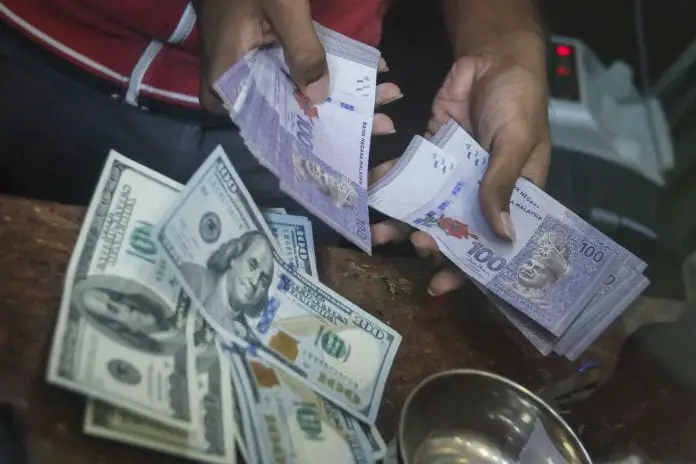An increasing number of Malaysians have been victims of scams. We strongly urge citizens to be very cautious about sending money to people who claim to be in trouble or in dire need of finances. There is very little to be done after the fact to recover your money. To avoid falling victim to opportunistic locals, get to know these 5 known common scams in Malaysia.
1) The Lottery
Most of us have received an email or a message stating that we have just struck jackpot by winning millions or billions of dollars from a foreign lottery. The caller instructs you to send the taxes or fees using a money transfer service but it seems that there are further fees that must be paid and you are instructed to send additional funds – again using a money transfer service. The calls continue until you are no longer able or willing to send the funds. Unfortunately, the lottery winnings are never received. You have been the victim of a scam.

2) The Prince of Neverland
People may receive offers through emails and messages from someone claiming to be a billionaire in need of some money or aid. In return, the ‘help’ received from victims are considered as investment and victims are promised a certain percentage from the whole fund received. The important thing to remember is that there is no such thing as free money. If deals like this were legitimate, the individual would have no need to contact a stranger via the Internet.

3) Fake monks or donation seekers
There is a very high chance of encountering a monk or individuals claiming to be from a charity organisation. Actively to ask for donations, these individuals sometimes thrust small medallions or cards into the hands of victims before asking for cash in return. Meanwhile, fake donation seekers often prowl open areas and often claim that they represent an orphanage, showing their ID and carrying a book that’s filled with detailed information and photographs of children as legitimacy. They are often part of a syndicate and the individual should leave upon politely declining or ignoring.

4) Unauthorised transaction on credit card
This has become increasingly common with the rise of mobile phone usage. Potential victims will receive an sms stating that an amount (usually few thousand Ringgit) has been charged to their account and if the transaction is unauthorised, contact the bank at a particular number. The number usually goes to the scammer who will try to siphon money out of you. DO NOT CALL THE NUMBER PROVIDED! Always use the customer care hotline found on official bank websites.

5) Taxi Scams
Travelling by budget taxi can be a very convenient and affordable option. However, Kuala Lumpur is known to have to one of the worst taxi services among the Southeast Asian capitals, with known cases ranging from cabbies that refuse to switch on their taxi metres and ask for a flat rate to those who purposely take longer routes and busier roads. Only take a budget taxi if the cabbie agrees to turn on the metre, or use a dependable taxi app (MyTeksi or EasyTaxi are two of the best) to book your ride.
















